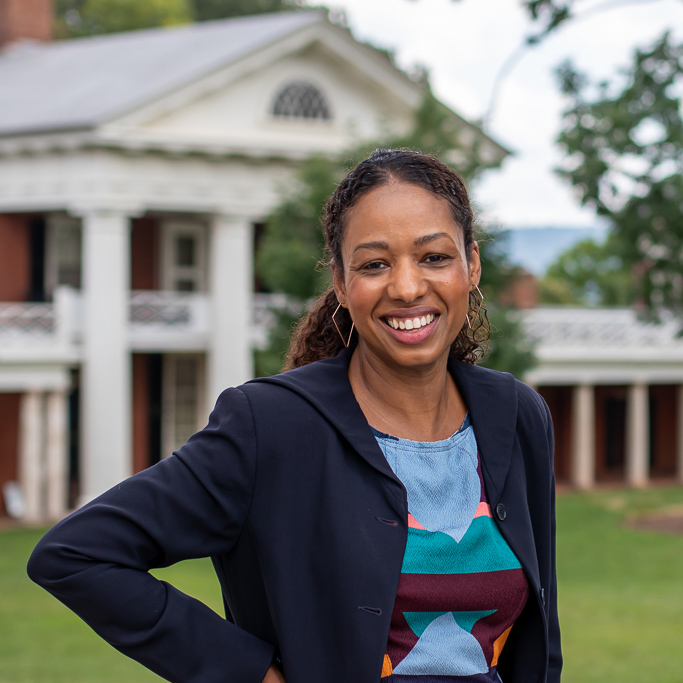
Larycia Hawkins, PhD., is a scholar, a political science professor, and an activist. Professor Hawkins teaches and researches at the University of Virginia, where she is jointly appointed in the departments of Politics and Religious Studies. She also serves as a Faculty Fellow at the University’s Institute for Advanced Studies in Culture, is a contributor to the Project on Lived Theology; and co-convenes the Henry Luce Foundation project, Religion and Its Publics.
In a December 10, 2015, Facebook post, Hawkins declared her intent to don a hijab in embodied solidarity with Muslim sisters throughout the Christian season of Advent. The post ignited an international firestorm that initiated conversations about the nature of God and the possibilities for multi-faith solidarity at a time when Islamophobia, xenophobia, racism, and hate crimes motivated by religious differences were, and continue to be, more prolific than at any time in recent history.
At the time of her activism, Hawkins was an Associate Professor of Political Science at Wheaton College (IL), a Christian university founded in 1860 by abolitionists. Hawkins was the first black woman to be granted tenure in the history of the university. Within five days of her Facebook post, and after repeatedly affirming her commitment to the college’s Statement of Faith, Hawkins was placed on administrative leave. On February 6, 2016, almost two months following her act of embodied solidarity with Muslim women, she and Wheaton College agreed to part ways.
Her story is documented in A New York Times Magazine feature, “The Professor Wore a Hijab in Solidarity—Then Lost Her Job”, and in a recent Washington Post article, Hawkins was recognized as “one of 12 major religious newsmakers — and stories — from the past decade who stood out, in part or in full, because of their beliefs or religious traditions.”
Dr. Hawkins is the subject of a film, Same God by Midgett Productions. The documentary premiered at the LA Film Festival, won the Best Documentary Award at the Bentonville Film Festival, was a finalist for a jury award at the Cork Film Festival in Ireland, and aired nationally on local PBS World affiliates in December. In a review published in Rolling Stone, Alex Morris wrote, “Same God exposes the hypocrisy of the church and the power of faith. Backed up by interviews with biblical scholars from none other than Wheaton itself, Same God pointedly reveals the flaws in dogmatic Christianity, the cost of speaking truth to power, and the amazing strength of a woman standing by her convictions. It’s a tale of David and Goliath, a testament to the power of faith.”
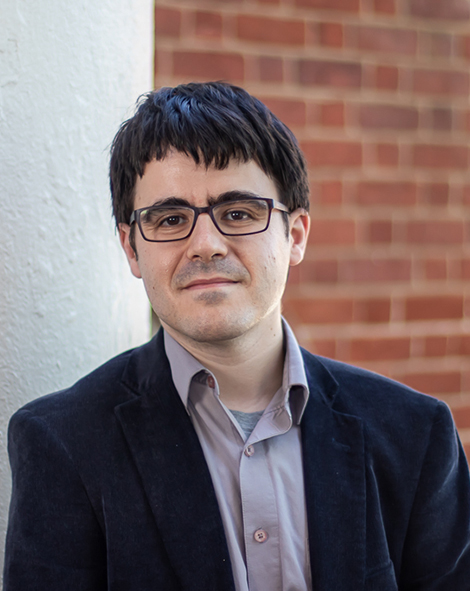


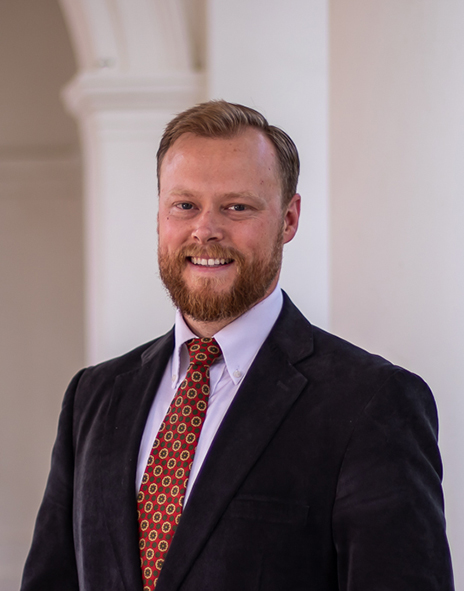
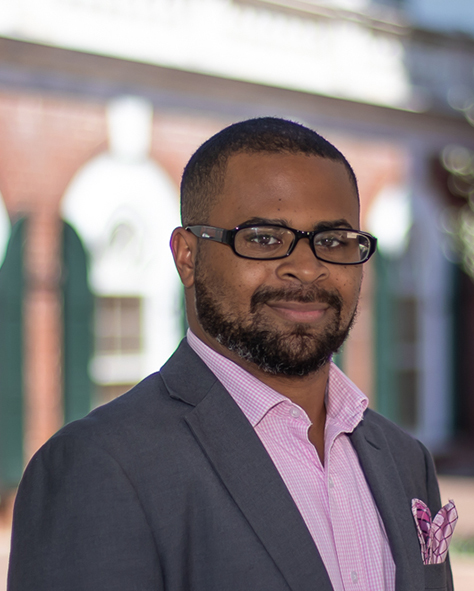
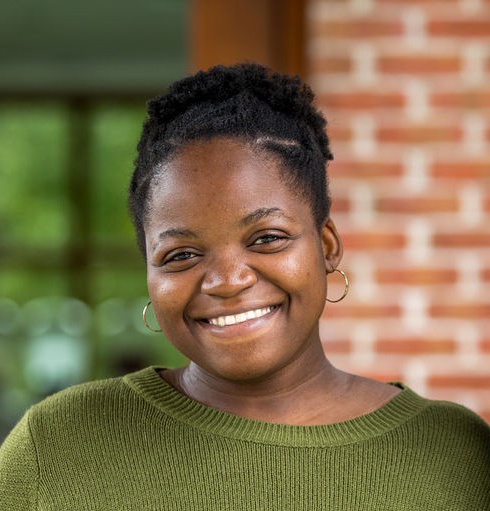
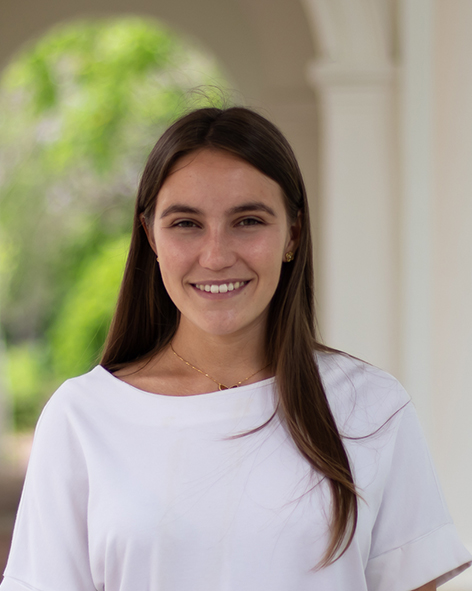
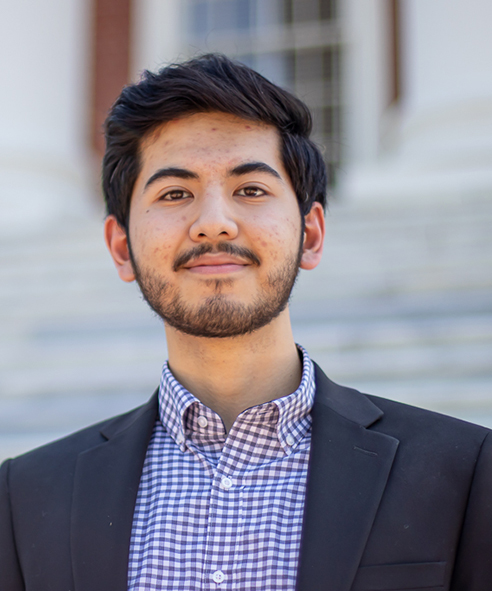
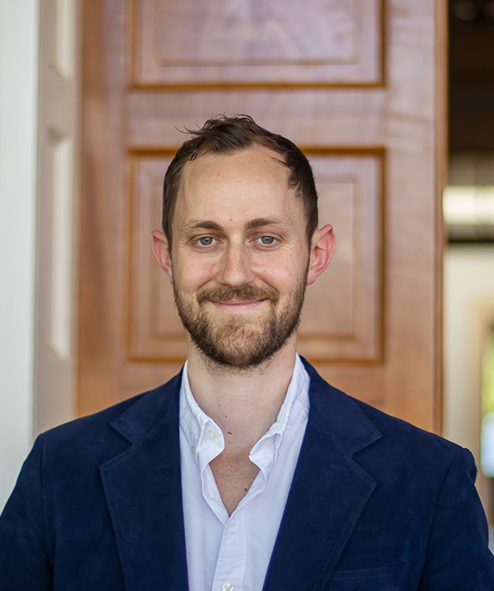
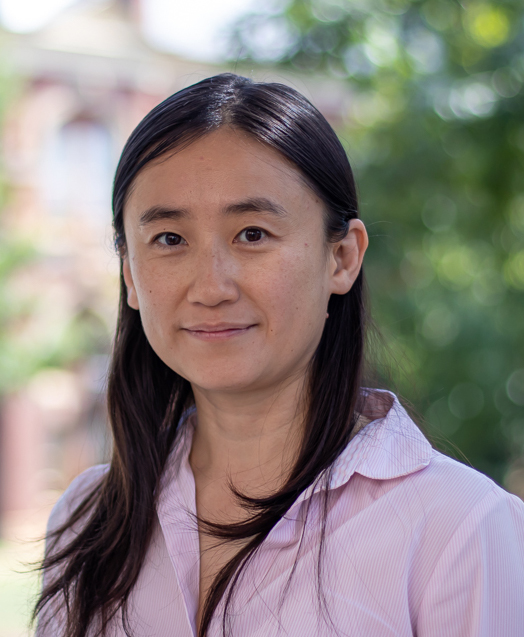
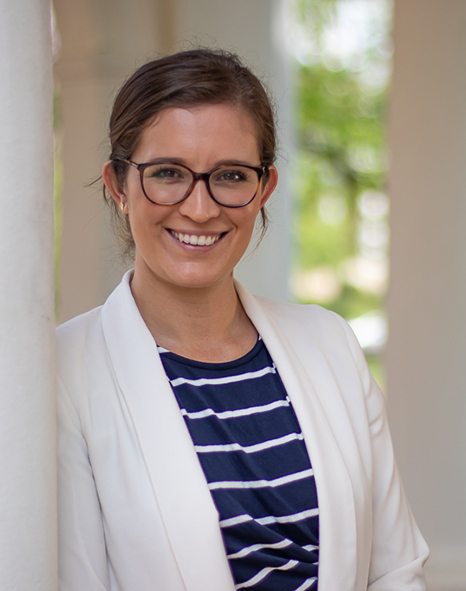
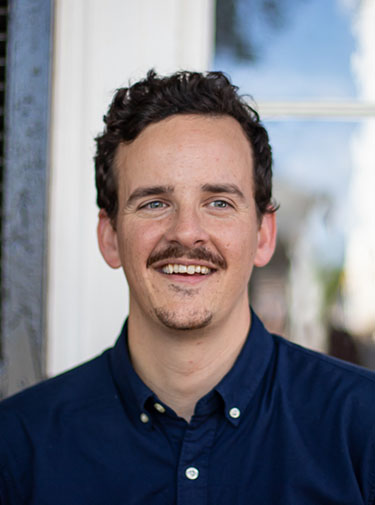


Recent Comments